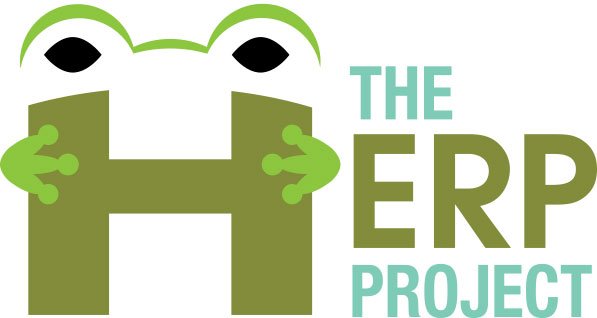A major component of The HERP Project involves studying people (of all ages) who become involved with our project. We are interested in how engagement with herpetology impacts people’s thoughts about science and scientists.
Informal science education environments, like those encountered in The HERP Project, have potential to impact participants’ excitement, interest, and motivation to learn about the natural world in ways that school science does not (Bell, Lewenstein,Shouse, & Feder, 2009). The HERP Project’s various activities offer meaningful points of entry and trajectories of opportunity for diverse people with a wide range of science interests and experiences to become science enthusiasts and contributors to scientific endeavors. We see great potential for The HERP Project to spark and sustain participants’ identities as science learners. Our educational research is examining this potential with systematic and rigorous mixed-methods and ethnographic research.
Our educational research objectives include: (1) To define identity-related motivations of casual, regular, and enthusiastic participants (Falk, 2009); and (2) To identify the science identity affordances (outcomes and trajectories) of The HERP Project activities, from triggered identities for newcomers to more enduring identities for developing enthusiasts. We use surveys, interviews, and ethnographic observations within each HERP Project thread. The results of this educational research will provide practical recommendations about design principles (i.e., “What works?”) for informal science education settings, especially for diverse participants. Further, our results will provide critical information to informal science education researchers, offering robust explanatory accounts of not only what works and what does not work, but why, how, and for whom.
Directed by: Dr. Heidi Carlone
Research Team: Dr. Catherine Matthews, Dr. Terry Tomasek, Dr. Melony Allen, Mary Ash, Tess Hegedus, Lacey Huffling
Research Advisor: Dr. Lynn Dierking, Sea Grant Professor of Free Choice Learning, Oregon State University
